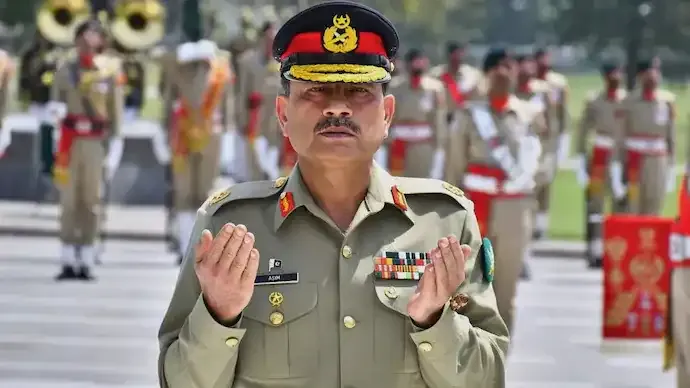Shopping cart
Your cart empty!
Terms of use dolor sit amet consectetur, adipisicing elit. Recusandae provident ullam aperiam quo ad non corrupti sit vel quam repellat ipsa quod sed, repellendus adipisci, ducimus ea modi odio assumenda.
Lorem ipsum dolor sit amet consectetur adipisicing elit. Sequi, cum esse possimus officiis amet ea voluptatibus libero! Dolorum assumenda esse, deserunt ipsum ad iusto! Praesentium error nobis tenetur at, quis nostrum facere excepturi architecto totam.
Lorem ipsum dolor sit amet consectetur adipisicing elit. Inventore, soluta alias eaque modi ipsum sint iusto fugiat vero velit rerum.
Sequi, cum esse possimus officiis amet ea voluptatibus libero! Dolorum assumenda esse, deserunt ipsum ad iusto! Praesentium error nobis tenetur at, quis nostrum facere excepturi architecto totam.
Lorem ipsum dolor sit amet consectetur adipisicing elit. Inventore, soluta alias eaque modi ipsum sint iusto fugiat vero velit rerum.
Dolor sit amet consectetur adipisicing elit. Sequi, cum esse possimus officiis amet ea voluptatibus libero! Dolorum assumenda esse, deserunt ipsum ad iusto! Praesentium error nobis tenetur at, quis nostrum facere excepturi architecto totam.
Lorem ipsum dolor sit amet consectetur adipisicing elit. Inventore, soluta alias eaque modi ipsum sint iusto fugiat vero velit rerum.
Sit amet consectetur adipisicing elit. Sequi, cum esse possimus officiis amet ea voluptatibus libero! Dolorum assumenda esse, deserunt ipsum ad iusto! Praesentium error nobis tenetur at, quis nostrum facere excepturi architecto totam.
Lorem ipsum dolor sit amet consectetur adipisicing elit. Inventore, soluta alias eaque modi ipsum sint iusto fugiat vero velit rerum.
Do you agree to our terms? Sign up

Pakistan, the only Muslim-majority nuclear power, has renewed efforts to position itself as a leader in the Islamic world by pitching the concept of an “Islamic NATO.” The strategy relies on two key assets: its nuclear arsenal and its Islamic identity. With an economy in crisis, the country’s leadership aims to cultivate influence and secure financial support from Gulf nations.
The latest move saw Pakistan sign a defence pact with Saudi Arabia, allowing its nuclear weapons to be considered in the kingdom’s defence if required. The agreement stipulates that an attack on either country will be treated as an attack on both, showcasing Islamabad’s attempt to leverage nuclear capability for strategic and diplomatic gains.
Earlier this week, at a Doha summit, Prime Minister Shehbaz Sharif emphasized that attacks on Islamic nations and civilian casualties should not go unpunished, while promoting an “Islamic NATO” including countries like Turkey, Egypt, the UAE, and Saudi Arabia. Defence Minister Khawaja Asif further highlighted the need to address “common challenges,” a veiled reference not only to Israel but also to India, Pakistan’s perceived threat.
However, the underlying motivation is largely financial. With foreign reserves dwindling and inflation biting the middle class, Pakistan depends heavily on loans from the IMF, China, Saudi Arabia, and the UAE. By portraying itself as the natural leader of the Ummah, Islamabad hopes to attract critical aid for its faltering economy.
Field Marshal Asim Munir, Pakistan’s Army Chief, is seen as the main architect of this strategy. Munir, adopting a highly religious tone, channels the legacy of General Zia-ul-Haq’s Islamization of the military, positioning himself as a champion of Muslim causes to gain stature both domestically and in Arab-Islamic capitals.
The push for an Islamic military bloc also serves a defensive purpose. Following losses in Operation Sindoor, Pakistan frames India as the primary threat, seeking to leverage a NATO-style alliance to counterbalance its regional rival.
Despite its rhetoric, Pakistan faces significant hurdles. The Muslim world is divided, with Saudi-Iran and Turkey-Gulf rivalries, making a cohesive Islamic military alliance unlikely. Combined with domestic economic instability and security challenges, Islamabad’s ambitions may be more symbolic than practical.
While nuclear power and Islamic identity remain Pakistan’s two main cards, experts argue that the country’s ability to command a unified Islamic NATO is limited. Its attempts to lead the Ummah appear driven by survival and financial necessity rather than genuine geopolitical influence.
9
Published: Sep 18, 2025